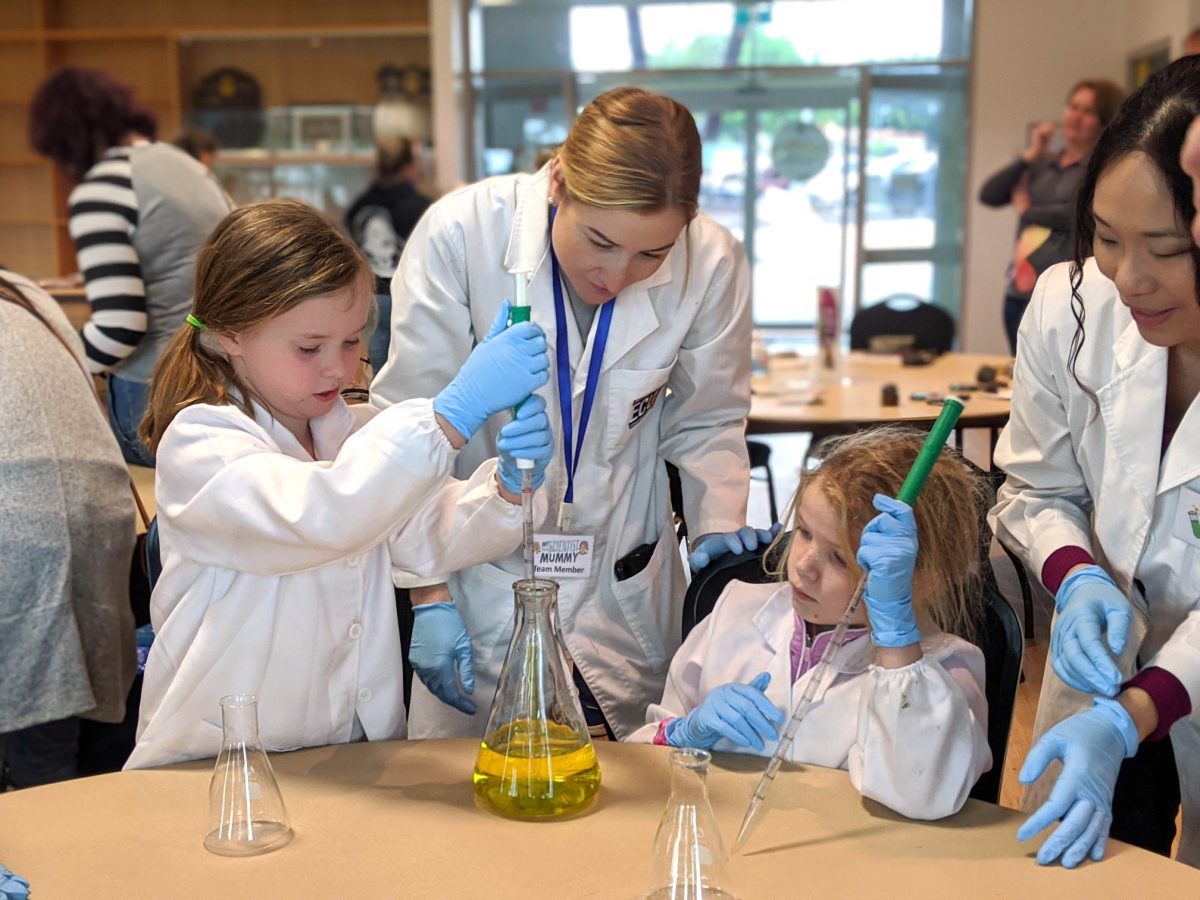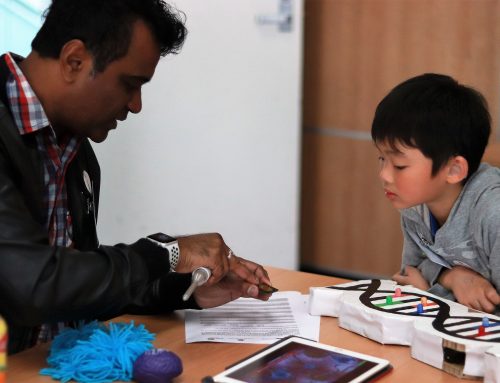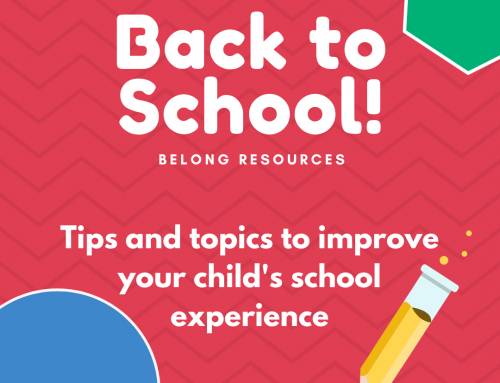The classroom teacher will benefit from having information about your child’s hearing, as well as their social and learning needs to support your child’s school experiences. Communicating with your child’s teacher early in each school year will help you establish relationships and cooperation that will support your child throughout the year.
Key Messages
→ You can make a significant contribution to your child’s experience at school by providing important information about your child to the teachers and other school staff who work with your child.
→ It is important to establish open and respectful communication between you and school staff members at your child’s school
Advocating for your child
You can make a significant contribution to your child’s experience at school by providing important information about your child to the teacher and other school staff working with your child.
To support the school, it is important to establish open and respectful communication between you and school staff members.
“Parents need to be encouraged and fully supported to speak up and meet with teachers
before school starts” – Parent
Tips for meeting with school staff:
→ Treat all people associated with the school with respect and courtesy.
→ Ask the classroom teacher how they would like you to arrange appointments with them. If meeting with other school staff, make an appointment through the school reception.
→ Follow school procedures for entry and behaviour on school grounds, including any restrictions that may be imposed.
→ If you have a concern, allow staff to time investigate and manage the situation.
→ Ask the teacher how you can support your child’s learning at home.
Useful links
http://www.aussiedeafkids.org.au/advocating-for-your-child.html
https://www.hearinglikeme.com/how-to-fight-for-your-deaf-childs-education/
Tips for approaching the school about a concern:
It is important to address any concerns you have about issues at school or in the classroom as soon as they occur. Call the school and make an appointment with the relevant person to address your needs.
→ Try to stay calm if you are upset, angry or worried.
→ Have a clear idea about the outcome you want for your child.
→ Focus on getting a positive outcome for your child.
→ Make a plan together with the Principal or teacher and agree on actions, timelines and follow up.
→ Bring a trusted friend or family if you feel that you need support, as they can take notes for you if required.
→ Follow up verbal agreements in writing if needed.
→ Keep accurate records about your efforts relating to a specific issue.
What if the school approached me about my child’s behaviour?
Sometimes frustrations at school can result in poor behaviour. Regardless of the cause, it is important to have a consistent response between home and school that clearly shows inappropriate behaviour won’t be accepted. There may be a time when the school contacts you regarding a problem with your child’s behaviour. By working with the school, you can develop a partnership that provides your child with the understanding of what behaviour is expected at school and at home.
How can you support the school’s behaviour management response?
→ Read the school’s Behaviour Management Plan or Positive Behaviour Framework so you understand the school’s expectations of student behaviour.
→ Find out what actions are being taken at school to manage your child’s behaviour.
→ Ask how you can support your child’s learning at home.
→ Plan how you and the school will keep updated on your child’s behaviour, e.g. use a communication book; set a follow up meeting.
→ Be very clear and consistent about how you want your child to behave.
→ If you say you are going to give punishment or reward always follow through.
→ Praise good behaviour.
→ Show your child how you want them to behave by modelling this way yourself.
→ Supervise your child so you know where they are and what they are doing.
→ Show lots of love and affection. You are the most important person in your child’s life and your time and attention is the best reward you can give them.
The role of the Teacher of the Deaf/Visiting Teacher?
The School of Special Educational Needs: Sensory have Visiting teachers that are located in the metropolitan and regional areas across Western Australia. This support is provided to students through to the completion of high school. The amount of support a child and their school receives depends on the level of educational needs.
“Parents’ role [is to] develop a strong connection with [the] Visiting Teacher and advocate [the] importance of [the] Visiting Teacher’s role and school community” – Visiting Teacher of the Deaf
The Visiting Teacher of the Deaf’s role includes:
→ supporting the communicative, academic and social/emotional needs of Deaf or hard of hearing students in the mainstream school
→ increasing the capacity of the school to develop and implement appropriate teaching and learning adjustments for the student.
→ providing professional support to school staff, especially classroom teachers, educational assistants, interpreters and notetakers.
http://www.ssens.wa.edu.au/visiting-teacher-service.html
Telethon Speech & Hearing have the School Support program which provides students with individual assistance in their mainstream school life. The individual assistance can include extra language, speech, auditory, social/emotional and academic support which is tailored to the student’s needs. A team of support staff work closely with teachers and students to ensure that the child is fully supported. The team includes teachers of the deaf, education assistants, audiologist, psychologist, speech pathologist, and notetakers in the high schools. Telethon Speech & Hearing teachers, teacher assistants and notetakers are based in each school and the programs are run in partnership with the mainstream schools.
https://www.tsh.org.au/our-school/outpost/
“The West Australian Foundation for Deaf Children recognises Telethon Kids Institute, Telethon Speech and Hearing and School of Special Education Needs: Sensory for their work on the Telethon Belong Project and production of these Belong Resources.”






